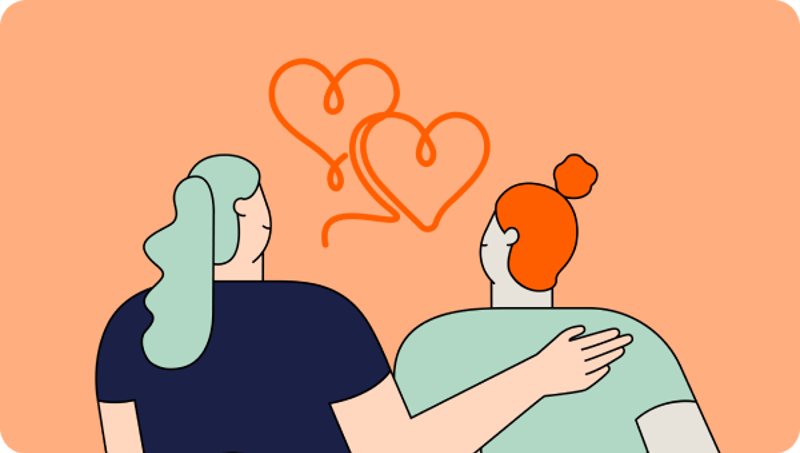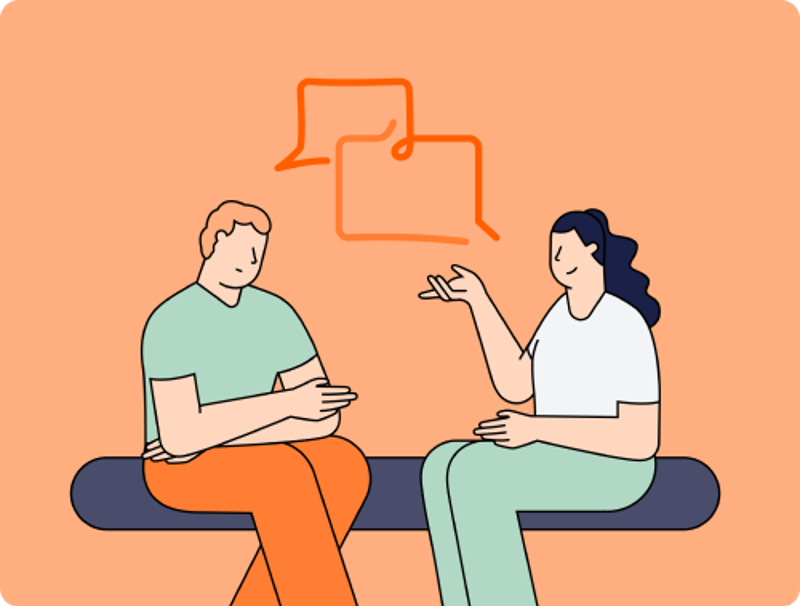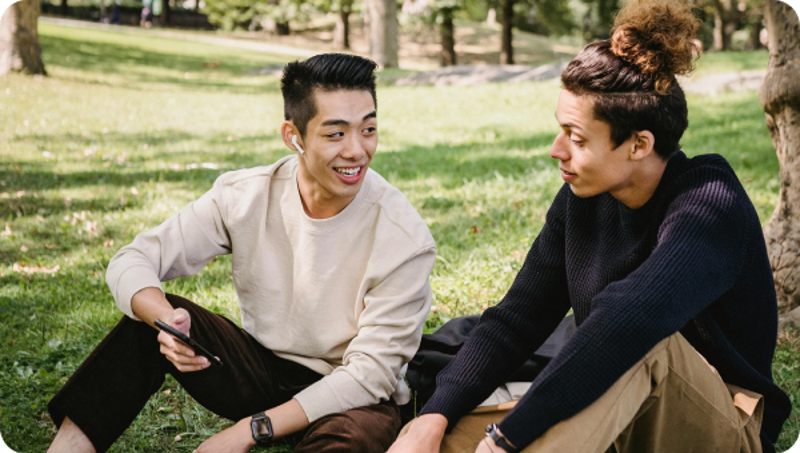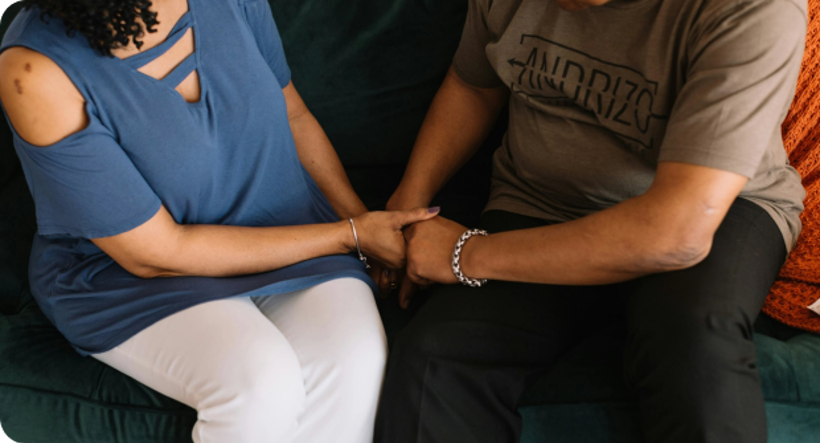Helping someone who gambles

If there is someone in your life whose gambling is causing you concern, there are several ways you can support them and yourself.

While learning about someone’s problems with gambling, you may experience difficult emotions, and not know how to help them, or yourself. It’s completely normal to feel this way, so please know that you’re not alone.
There are many support services available to help you and the person who gambles. You can only take care of someone else when you’re looking after yourself too.

Gambling can easily be perceived as a ‘harmless’ or ‘fun’ activity due to the way it’s advertised by some gambling companies, who spend over £1.5 billion on marketing each year. As a result, many people do not realise that they or someone else are experiencing problems with gambling until it feels like gambling has taken control.
However, gambling can be addictive, and the harm it causes to people and society is a major public health issue. It’s important to remember that it’s not yours or the person who gambles’ fault if they are experiencing harm.
Before you talk to someone about their gambling, try to understand what they’ve been exposed to, and the risks associated with gambling that have led them to this point.


Having a conversation with someone is a great starting point to help them with their gambling. To make them feel more comfortable about opening up, the best way to start a conversation is to:


It’s difficult to know where to start when talking about gambling.
If you’re not sure how to talk to someone about their gambling, read our suggested conversation starters.
Make sure you let them know that the reason you’re concerned is because you care, and you want to help.
If they feel safe and supported, they’re more likely to talk openly and honestly.
Do your best to keep calm and positive with them. Avoid saying anything that might come across as judgmental or confrontational.

Be patient and listen carefully to what they have to say, without being judgemental. Try not to interrupt them, as this might stop them from wanting to open up and could lead to a misunderstanding.

People who gamble might try to hide their gambling and feel they have little or no control over the situation.
A big barrier to people getting help and talking openly about gambling is the worry they’ll be judged by others. This is called stigma.
Learning about what they are going through might help you to support them and reduce the harm gambling causes.

Opening up about gambling is also the first step to getting support if you are experiencing harms yourself.
Do not feel guilty if you’re going through difficult thoughts or feelings while supporting others through their journey. Your life has also been impacted, so it can help to talk to someone you trust. You’re not alone.
If you're experiencing financial difficulties because of someone else's gambling, you're not alone. We can help. There are many resources available to help with your unique situation.
It can be difficult as a parent or guardian to know what to say to a child or young person who is gambling. We can help you have open and positive conversations with young people about gambling.
Celebrating the progress someone is making to reduce or stop gambling is an important step for their recovery.
If someone is doing well with reducing or stopping their gambling, make sure you tell them. This can help them to recognise the positive impact of their progress.

Progress is always positive. But keep in mind that when someone has paid off their debts, there could be a time when they relapse.
They might convince themselves that because their gambling is no longer as harmful, occasional gambling might not impact them.
If they do start gambling again, try not to be too disappointed. Continue to offer them support. It might help to encourage them to write down what led to their relapse, so they can begin to understand more about why it might have happened and what they should watch out for in the future.

When helping someone who gambles it’s important to be calm and caring. If they seem open to sharing they are experiencing problems with gambling, try suggesting they contact the National Gambling Helpline.
The helpline can also help you if you want to find out how to support a loved one or find support for yourself. If you’re ready to talk to someone, you can contact the National Gambling Helpline by:
The helpline is a free, confidential and tailored service. It’s available 24 hours a day, 7 days a week. It’s there for anyone who’s worried about their own, or someone else’s, gambling.

If someone makes threats to their own life, contact emergency services immediately.
